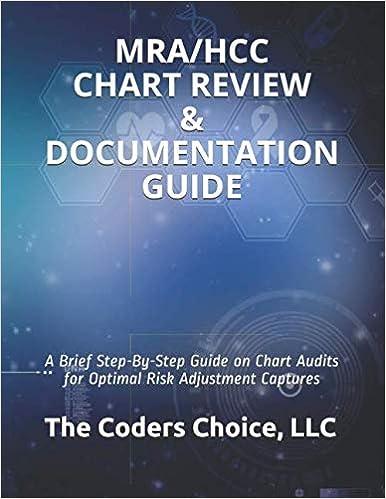Question
How do they account for, protect, and manage their cash? (case below) One of the popular merchant here is Big Bazaar. It is having several
How do they account for, protect, and manage their cash?
(case below)
One of the popular merchant here is Big Bazaar. It is having several outlets of different sizes spread across the city and countrywide also. It stocks several ranges of products from kitchen & home appliances, garments, dry foods, beverages, fruits, consumables etc. Inventory is classifies by its use. Retailers often have only one categoryMerchandise-which includes retail goods that were purchased ready for sale. Cost of goods sold is basically comprises of the wholesale prices of the goods and its stocking charges like, the cost of storing or warehousing, delivery, packaging etc. For retailers like this, they dont have much of production activity therefore, cost of production here is little to none. They possess a huge volume of inventory because the inventory are purchased from the wholesalers at the wholesale prices and they sell it to the customers by giving a required mark up on each product. Costs mostly are of administrative nature. They used to maintain a perpetual inventory system which keeps continuous track of the changes in the inventory accounts. All transactions are recorded as they occur. Retail systems are more accurate as they update records or record inventory changes at the point of sale, updating both the inventory and cost of goods sold. Purchases, Returns, Allowances, Discounts, Freight-in etc. are also updated. The basic system of cost of goods sold is to determine in this way: (Beginning Inventory + Purchase) Ending Inventory Lets taken an example of this. Beginning inventory, January 1 $350000 Ending inventory, December 31 $400000 Purchase $670000 Cost of Goods Sold: Opening Inventory $350000 Add: Purchase $670000 Cost of Goods available for sale $1020000 Less: Closing inventory $400000 Cost of Goods Sold $620000 Real accounts is an account that accounts for all assets and liabilities. All assets accounts are debit and all liability accounts are credit. Examples are Plant & Machinery, Building, Land, Salaries payable, Wages payable, Bonds payable etc.
Step by Step Solution
There are 3 Steps involved in it
Step: 1

Get Instant Access to Expert-Tailored Solutions
See step-by-step solutions with expert insights and AI powered tools for academic success
Step: 2

Step: 3

Ace Your Homework with AI
Get the answers you need in no time with our AI-driven, step-by-step assistance
Get Started


